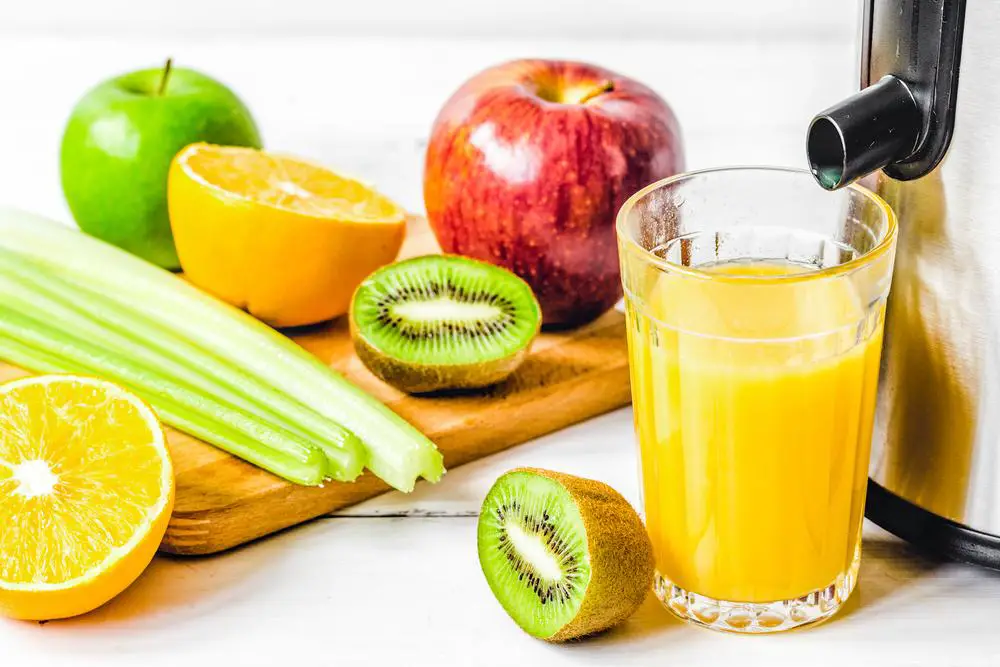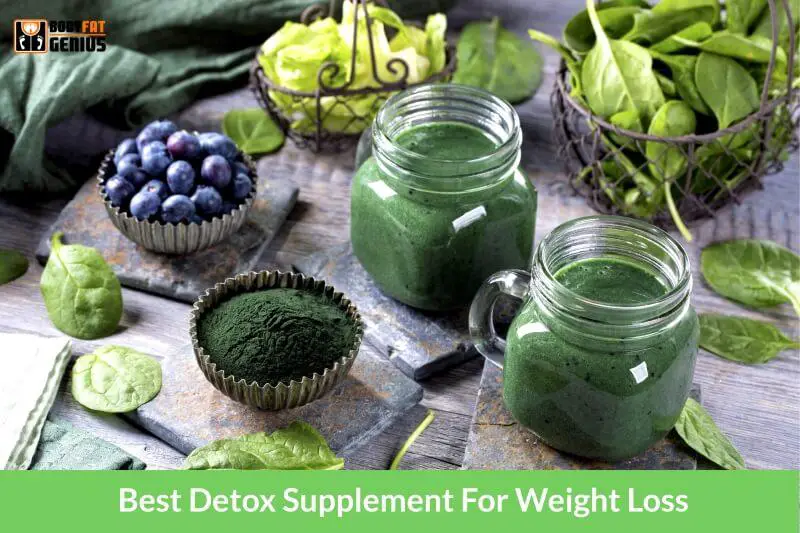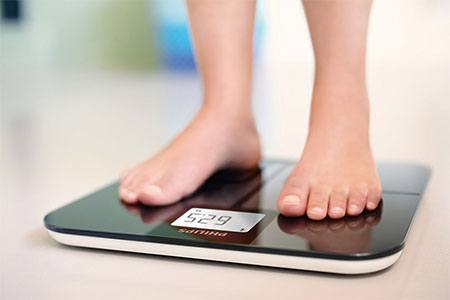Juicing has been a popular method people use to shed extra pounds, which is incorporated on various types of diet, such as fasting diets. Such type of diet only allows liquids such as water, tea, or juice to cut calories. However, juicing doesn’t necessarily mean that you need to ban food from achieving your weight goals.
Juices have plenty of vitamins and minerals that can be readily absorbed by the body, which helps in metabolism and satisfying cravings or hunger. It is believed to aid in weight loss, so many people are into it. But the question is, “Is juicing effective in helping you lose weight?”.
In this post, you’ll learn how juicing can help you lose weight.
Juicing Helps Maintain a Calorie Deficit
If you want to shed some extra pounds, you have to maintain a calorie deficit. It means that you need to burn more fat by consuming fewer calories. In that way, you won’t accumulate too much fat in your body that is usually deposited on the belly, thigh, and arm areas.
Most juice diets are lacking solid food, which consists of 600 to 1,000 calories per day, comments Organic 4 Green Livings. This results in a large calorie deficit, leading to short-term weight loss. One thing you should keep in mind, however, is that once you go back to your regular diet, you’ll likely gain some weight. That’s why you have to pay close attention to what you’re eating.
Here are the good to know facts about juice diets and calorie deficit according to a study:
- Participants: There were twenty healthy adults who undergone a 3-day juice-based diet followed by 14 days of customized diet to explore the scientific basis of the popularity of juicing.
- Type of Diet: The 3-day juice-based diet includes drinking six bottles of fruit and vegetable juice blends (16 ounces).
- Results: There was a significant decrease in body mass index or BMI and body weight (between 1.7 to 1.2 kg) in day four until day 17. The 3-day juice-based diet has shown to alter the intestinal environment linked with weight loss. As compared to their body baseline body weight, the results remained positive, with 0.91 to 0.9 kg decrease in weight after the two weeks follow up period.
- Findings and Conclusion: The juice diet was effective in reducing weight. Because of the changes in the intestinal microbiome, the observed weight loss brought about by juicing persisted over the following two weeks, which is a significant result.

Calorie Restriction Reduces Metabolism
Juice diets are generally low in calories, but solid foods are still more filling than juices. In a study, it showed that drinking apple juice makes a person less full than immediately eating solid food. Because solid foods have fiber and protein, they’ll rely on a signal of the feeling of fullness, which is important for regulating the appetite.
It means that dramatically decreasing or eliminating solid foods in your diet may actually cause weight gain because you feel more hungry or cravings are more intense. The only way to satisfy it is to eat and feel full. That’s how metabolism works.
Here are the points to ponder based on the results of the study when it comes to juicing and weight loss:
- Avoid Strict Juicing: For juicing to be effective as a weight-loss treatment, avoid going on a strict liquid or “juice only” diet to avoid the negative impacts on metabolism.
- Healthy Lifestyle: Eat a balanced diet but reduce the intake of too high carbs or sugars. Any weight loss strategy is only effective if you accompany it with regular exercise.
- Satisfy Appetite: While juices are readily absorbed, eating whole fruits and vegetables is still better to feel full because the pulp, which contains high fiber, is preserved.
- Special Cases: If your stomach can hardly chew or digest raw fruits and vegetables or you have problems in your oral cavity or digestive tract, juicing can supply you vitamins and minerals you need. Juices and smoothies make one portion of fruit and vegetables in your daily diet.
- On-the-Go Juicing: If you’re too busy and want an easy-to-consume meal, drinking a bottle of freshly extracted juice is a good idea. You can make your homemade juices the night after. Get started with v8 juice to enjoy the weight loss benefits of juicing, along with proper diet and exercise.
Low-Calorie Diet and Weight Loss
According to research, a low-calorie or detox diet, which includes adding juices, may result in initial weight loss. While detox diets, like prolonged juice fast diets, are not required to clean the waste products of the body and intestines to attain good health, adding juices to your diet and limiting high-carbohydrate intake can help you maintain your ideal body weight.
As previously mentioned, environmental toxins can accumulate in the intestines, and juicing can help change the intestinal microbiome. But it doesn’t mean that you should also give up eating solid food. For you to achieve your weight loss, it’s important to have self-discipline with choosing the food you eat and the beverages you consume.
Here are some examples of juices applicable to a low-calorie diet to help you lose weight:
- Orange Juice: If you want to burn more fat than you actually consume, this fruit juice is for you because it is a known “negative calorie fruit.” You won’t feel any guilt juicing with this fruit.
- Carrot Juice: It helps increase bile secretion to help burn fat. Carrot juice is rich in fiber and very low in calories, helping keep you full until the next meal.
- Cucumber Juice: Aside from a very refreshing drink during summer, cucumber juice can help you reduce weight because of its low-calorie content.
- Watermelon Juice: Did you know that watermelon is not just rich in water? It has a natural amino acid called arginine that helps burn fat. Also, it has low-calorie content (only 30 calories).
- Pomegranate Juice: Pomegranates contain rich antioxidants to help you burn fat and get rid of your body’s free radicals. This juice can also help reduce your appetite, so you eat less.
Conclusion
Yes, juice can help you lose weight, along with a healthy diet, regular exercise, and enough rest and sleep. Juices have plenty of natural vitamins, minerals, fiber, antioxidants, and other essential substances that can help regulate metabolism so you can easily attain your weight loss goals.




